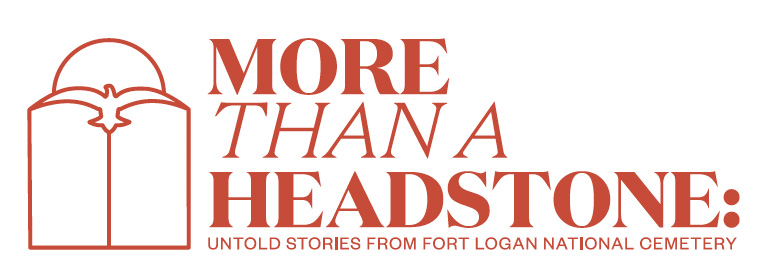The Right Thing To Do
By Jake Fegan
Donald C. Stromberg
November 17, 1911-August 16, 1982
My Great Grandfather, Donald Stromberg, was born on November 17th, 1911 in Boulder, Colorado. His father, Oley Stromberg, was a first generation immigrant from Sweden and owned a small farm. His mother’s name was Ethel, and she was married to Oley in Colorado and was eleven years younger than he was. Donald had at least two siblings, a younger sister Edith and an older sister Violet, but he may have had more.[1] Neither Oley nor Ethel attended high school, but worked hard to make a decent living to support their family. Donald attended a military high school. He would grow to enjoy education and after graduating high school, he attended the University of Colorado at Boulder in 1931, where he studied pharmacy. Donald was also a member of the Theta Xi fraternity, the Mortar and Pestle club, and he joined the ROTC.[2] Donald left CU in 1934 in order to attend the Colorado School of Mines. He studied geology and engineering and after graduating, worked as a mining engineer near Georgetown, Colorado.
In 1941, Donald volunteered for military service in the U.S. Army to fight in Europe.[3] He entered the military as a 2nd Lieutenant and advanced to Captain before shipping out to Holland. Due to his knowledge of engineering and geology, Donald was put in the Army Corps of Engineers and worked on pontoon bridges in Europe.[4] While in Holland, Donald was a company commander of American troops stationed in a small town across a river from the Germans. For about two months, both sides held their positions and did not fire on the other side. This was in large part because of a “live and let live” system they established and an unwritten agreement to share resources as the Germans had water, but the U.S. had food and other supplies. However, Donald received orders to secure the town across the river. Even though he was a Captain, he was also the most senior officer on the U.S. side, so he became the Lt. Colonel for the mission. He and his Company were successful in taking the German outpost, but were eventually overran by German forces. During the fighting, Donald was shot in both legs and crawled to a hiding place. He stayed there for an indeterminate amount of time, and apparently was so close to the enemy that he could hear the Germans talking on patrol. Eventually, the Americans reinforced the company and took the outpost back and rescued Donald. At the hospital, they had to remove one leg because it became infected with gangrene, but they were able to save the other.
Donald was discharged from the military and awarded the Purple Heart.[5] He moved to Georgetown, Colorado after his service and worked as the principal at the high school. In 1954, he ran for and was elected the Democrat State Representative of Colorado.[6] Around this time, he also met Laola Stromberg, my great grandmother. After an apparently difficult courtship, she agreed to marry him. Laola had been married three other times, but she and Donald were married for twenty years before he passed away on August 16, 1982. Donald Stromberg is buried at Fort Logan National Cemetery with his wife Laola. Although Donald Stromberg was not a famous man or had a statue built in his name, he was no doubt extraordinary in a very conventional way. He started with little money, or opportunity, but managed to receive education from two prestigious universities as well as a career in mining engineering. However, when World War II came, he felt that it was his duty to volunteer to fight. He had a comfortable life, and did not have to serve, but he chose to anyway. He rose quickly through the ranks of the military and used his knowledge of engineering to assist the war effort as best as he could. Even after he served in the military and lost a leg, he decided to dedicate himself to civil service and ran to represent Boulder County for State Representative. He may not be glorified for these accomplishments, but it is important to realize that he was an ordinary man who went above and beyond simply because he thought service was the right thing to do.












